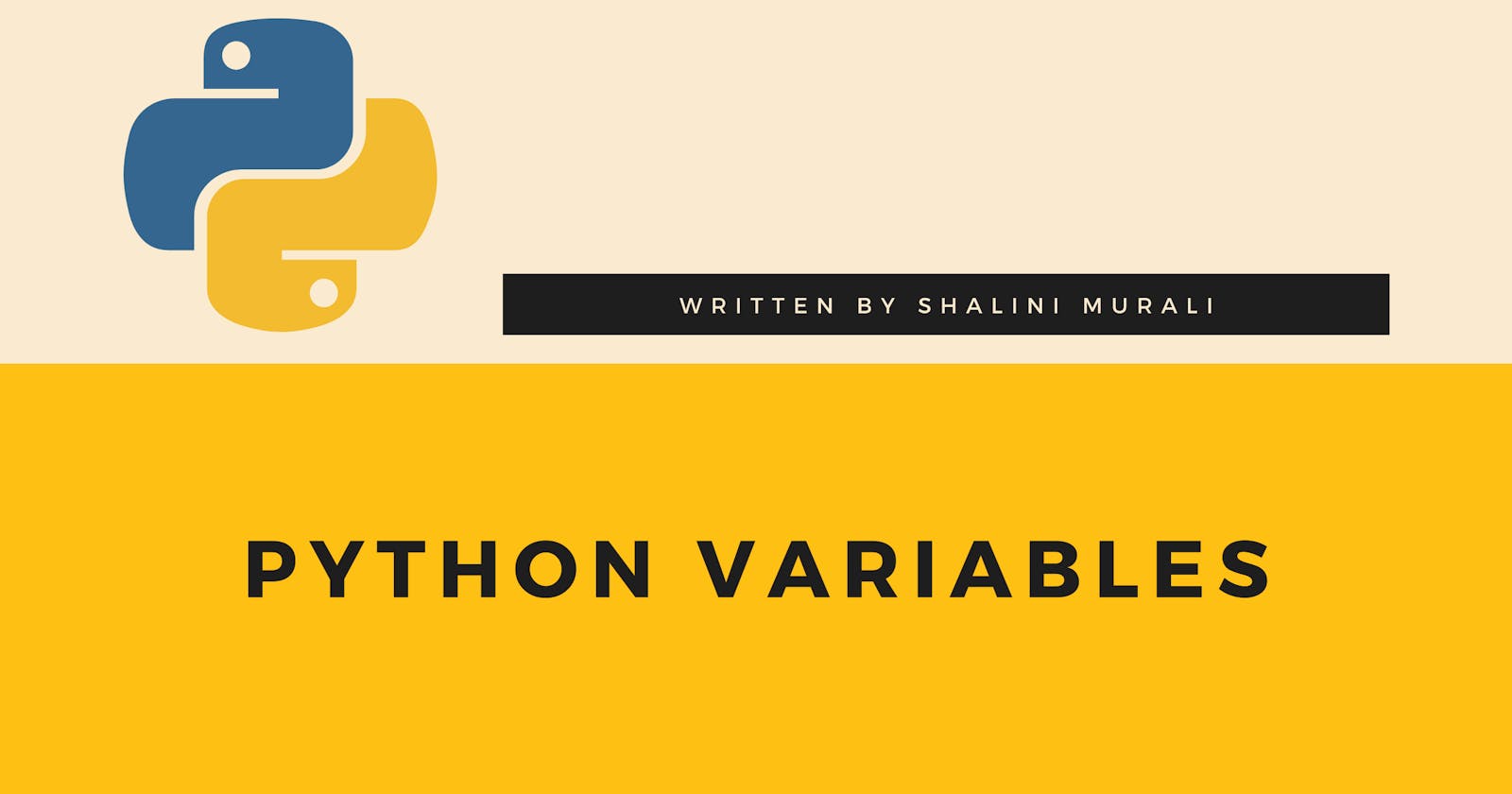Variables are nothing but memory locations to store values. This means that when a variable is created, a space is reserved in the memory. Like C, C++, Java and other languages, Python doesn't need explicit declaration of variables.
Variables declaration looks like this in C:
char letter = "Python";
int number = 2;
float decimal = 1.50;
whereas in Python, declaration happens automatically when you assign a value to a variable.
letter = "Jack" #string
number = 2 #integer
decimal = 1.50 #float
Declaring a variable involves, equal sign ( = ), name and value of the variable.
In the above example, letter = "Jack",
letteris the name of the variable, that is, the operand to the left of the = sign is the name of the variable.Jackis the value assigned to the variable, that is, the operand to the right of the = sign is the value assigned to the variable.=operator is used to assign the value to the variables.
Similarly number, decimal are variables.
Python also allows multiple assignments. You can assign a single value to multiple variables or multiple values to multiple variables in the same line.
a = b = c = 20
a, b, c = 1, 2, "Jack"
Here a = b = c = 20 denotes that the value 20 is assigned to all three variables a,b and c; a, b, c = 1, 2, "Jack" simply just means a = 1, b = 2 and c = "Jack".
Python also allows re-declaration of variables, irrespective of value and data type.
#variable declare
number = 10
# display variable
print("Before: ", number)
# re-declare the variable
number = "Hey Python"
print("After:", number)
Output:
Before: 10
After: Hey Python
Rules for creating variables in Python:
- A variable name must either start with a letter or an underscore ( _ ).
- A variable name cannot start with a number.
- A variable name can only contain alpha-numeric characters and underscores (A-Z, a-z, 0-9, and _ ) and no other special characters.
- Variable names are case-sensitive (number, Number and NUMBER are three different variables).
- Reserved words or keywords (eg: print, def, while etc.) cannot be used to name variables.

